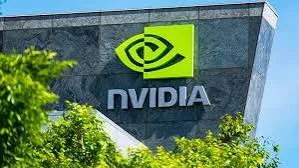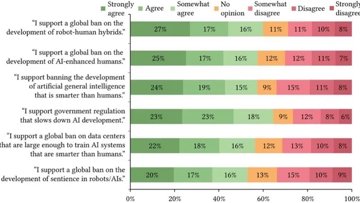After what felt like a cosmic eon – or, to be precise, roughly a quarter-century in the making – Jeff Bezos’s Blue Origin has finally, gloriously, pulled it off. The company successfully launched its colossal New Glenn rocket and, in a breathtaking display of precision, landed the first-stage booster smack-bang on a droneship bobbing in the Atlantic Ocean. The date for the history books? November 13, 2025. This spectacular achievement vaults Blue Origin into an exclusive club, making it only the second company ever to vertically land an orbital-class rocket booster – a club previously monopolised by SpaceX since December 2015. This particular triumph lands with a hefty dose of redemption, following a rather dramatic unscheduled splashdown of the booster during New Glenn’s inaugural flight back in January 2025.
Naturally, such a monumental feat didn’t exactly escape the notice of the competition. Rival-in-chief Elon Musk, ever the understated showman (on the platform he owns, no less), offered a terse but unmistakable “Congratulations” on X. This marks a rather significant departure from the days when Musk famously dubbed Bezos a “copycat” for his burgeoning space-faring ambitions. Both the nearly 100-metre-tall rocket and its plucky landing platform, the Jacklyn, rely heavily on a sophisticated network of autonomous systems to orchestrate the high-stakes aerial ballet required to boost a payload into orbit and, crucially, return the most expensive part for another spin.
Why Is This Important?
This isn’t just a shiny new feather in one billionaire’s space helmet; it’s a critical, earth-shattering validation for the entire commercial space industry. Blue Origin’s success officially signals the end of SpaceX’s solo dance on the reusable heavy-lift rocket stage, introducing genuine, fiery competition that will inevitably drive down costs and accelerate innovation at a pace that could make your head spin. With New Glenn’s first stage engineered for a remarkable 25 reuses, the frankly wasteful era of disposable orbital rockets is officially kicking the bucket. For customers like NASA and commercial satellite operators, this means more choice than a Sunday roast buffet, better prices, and a far more resilient pipeline to the stars. The billionaire space race, long more of a leisurely stroll for some, has finally, gloriously, become an actual race.













